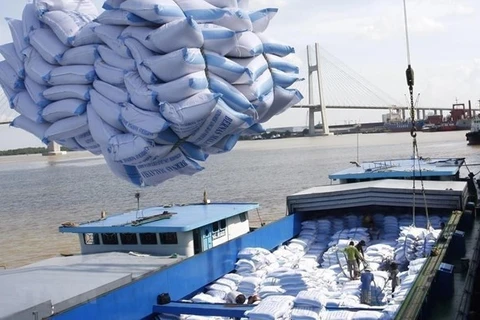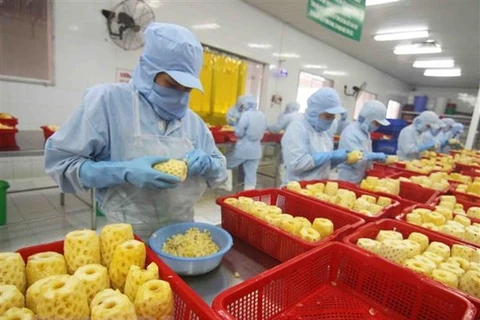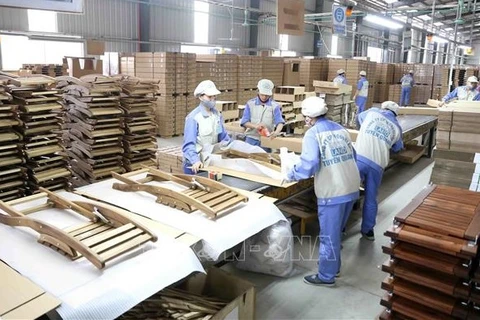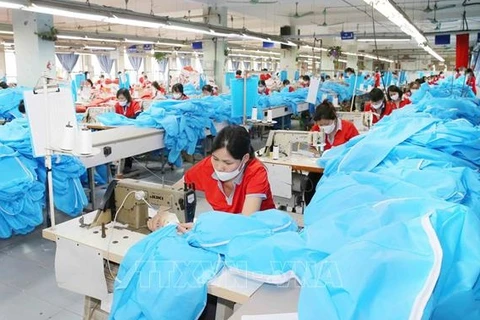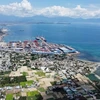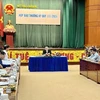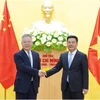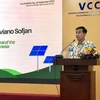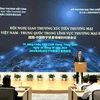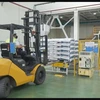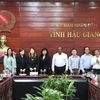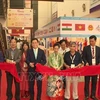Hanoi (VNA) – As the COVID-19 pandemic has changed the consumption habits of Spaniards to be interested in products related to strengthening their health, Vietnamese enterprises can take an opportunity to have appropriate export orientations to this market, according to Vietnam’s Trade Office in Spain.
Despite the impact of the COVID-19 pandemic, the two-way trade turnover has still yielded positive results thanks to the enforcement of the European Union-Vietnam Free Trade Agreement (EVFTA), it said.
Statistics from the General Department of Customs showed that, in the first seven months of this year, Vietnam's exports to the Spanish market reached 1.3 billion USD, an increase of 14.78 percent compared to the same period last year.
When about 70 percent of the Spanish population is fully vaccinated, and Spain's economic situation may begin to improve, Vietnam's import and export turnover this year to the market is expected to recover quickly. Therefore, Vietnamese businesses need to grasp the trends and tastes of Spanish consumers to boost the export, the office said.
Spain is a country with a service economy accounting for 75 percent of gross domestic product (GDP), followed by industry (15 percent), construction (7 percent), agriculture and fishing (3 percent).
The tourism sector contributes 12 percent to the country’s GDP. Therefore, Spain's consumer demand for goods is somewhat more diverse than that of other EU countries. Notably, Spain is also a country that focuses on developing agriculture, fishing, aquaculture, and processing seafood for export. Its agricultural and aquatic products, vegetables are exported around the world, especially in the EU. Thus, Vietnam can only export to the Spanish market typical tropical agricultural and aquatic products.
Currently, key Vietnamese export items to the European country include phones and components, garments and textiles, footwear, machinery, coffee, toys, game equipment, furniture, rubber, and related products.
Domestic seafood enterprises are advised to fully meet technical standards on food safety and hygiene to penetrate the EU and Spanish markets.
It should be noted that the EU in general and Spain in particular, are paying special attention to corporate social responsibility, with employers required to ensure standard working conditions for employees along with environmental protection.
The Trade Office said it will strengthen support for domestic businesses to build a common brand for Vietnam’s import and export goods to ensure that they meet the requirements of the partners and secure a foothold in the Spanish market.
Given the complicated development of the COVID-19 pandemic, it is necessary to enhance online trade linkages and participate in online trade promotion activities at international exhibitions, it said.
Vietnamese enterprises are also advised to update information relating to technical requirements as well as regulations on quarantine, environment protection, food safety and hygiene, the trade office said, adding that a database of enterprises engaged in imports and exports from the two countries should also be set up to serve trade promotion and connection./.


